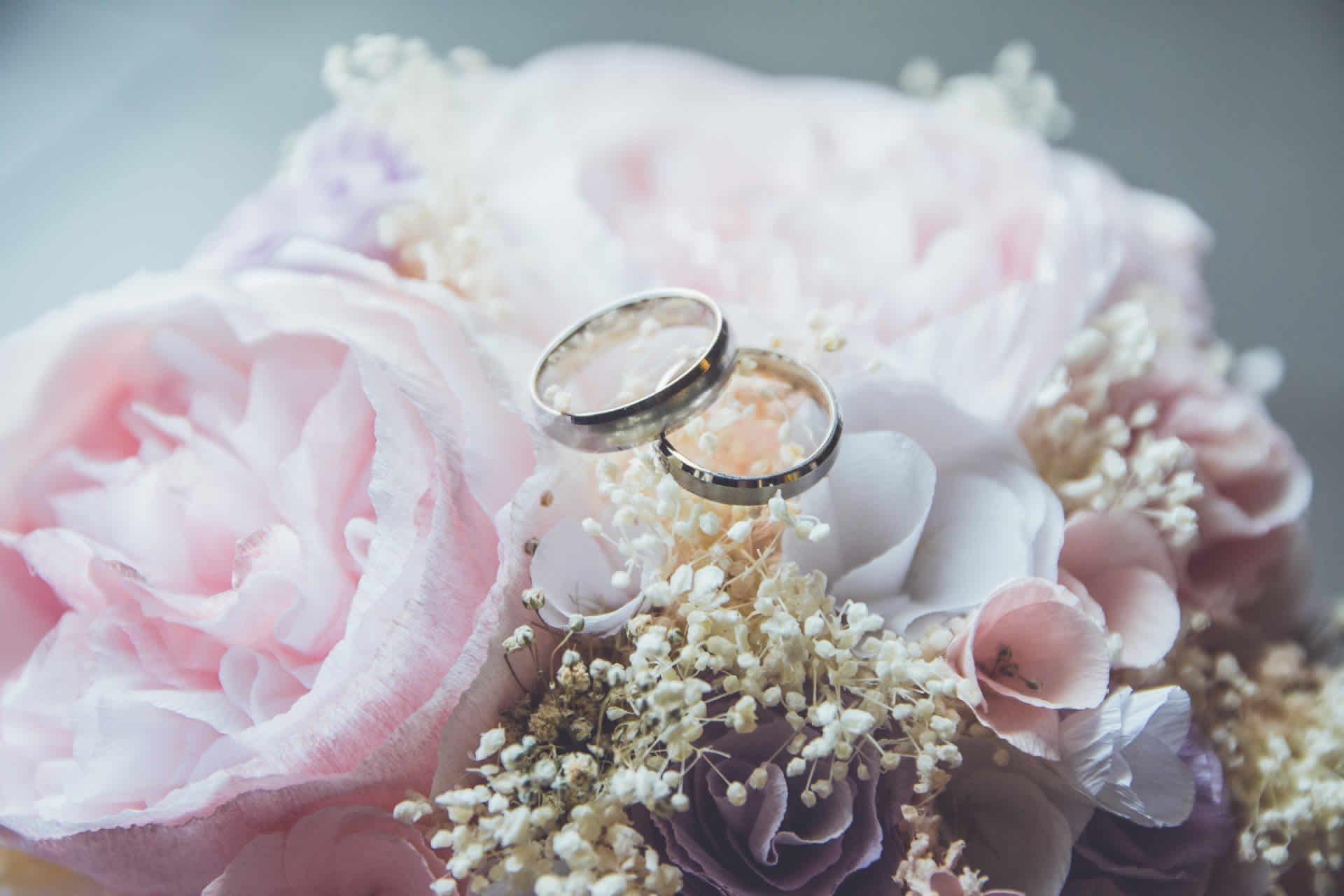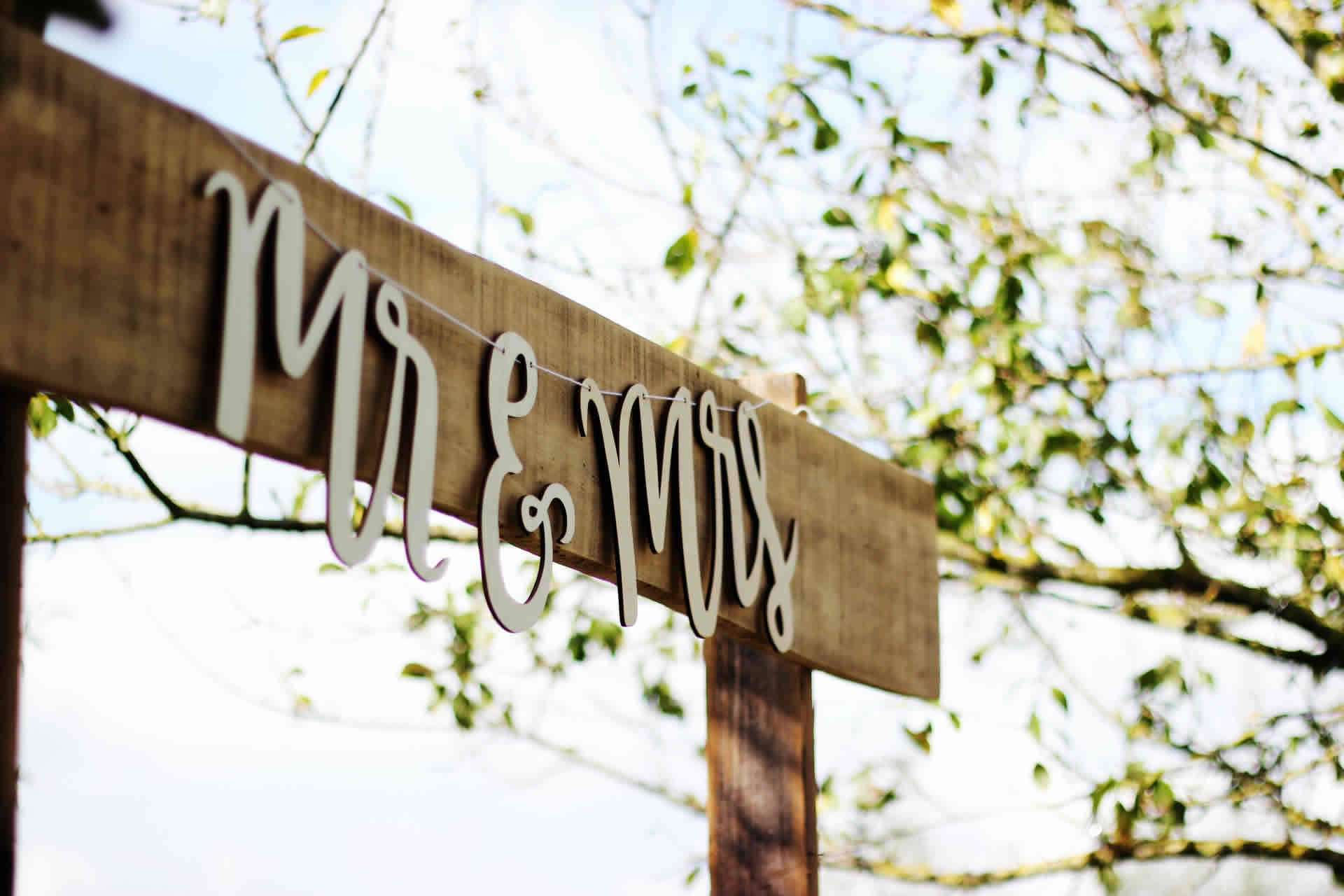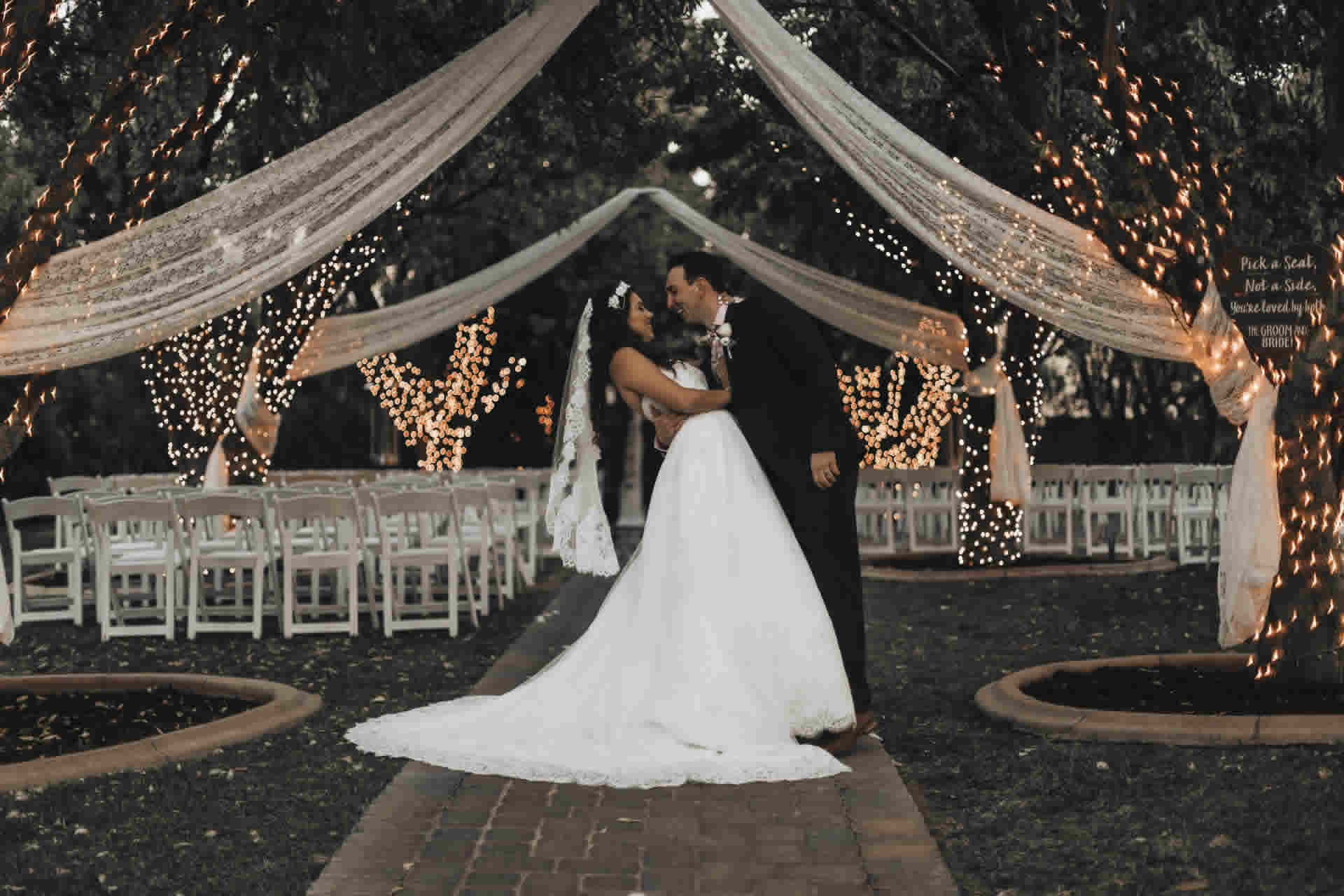What we can learn from the English guidelines for Covid weddings?
It’s been something of a bone of contention within the wedding industry that our government was very slow to publish specific guidelines around what was and wasn’t permitted.
It’s almost the exact opposite in England, where a very detailed set of guidelines has recently been published, although it’s interesting to note that these guidelines do not apply to Scotland, Wales and Northern Ireland.
I’ve had a look at the guidelines, and have been taken by a number of specific points that might be worthwhile considering by couples organising a wedding in the second half of this year.
Bear in mind that these guidelines don’t relate directly to us, but you might get a few pointers as to how you could safeguard your guests on the big day.
In no particular order, here are some issues that arise from the English guidelines.
As a professional wedding entertainer, I know that some of these will cause a lot of difficulty, but it’s better to be forewarned than finding out about a particular issue when it’s too late to do something about it.
- During all activity linked to the marriage ceremony or civil partnership formation, all parties should adhere to social distancing guidelines. 2 metres or 1 metre with risk mitigation (where 2 metres is not viable), are acceptable.
- The marriage ceremony or civil partnership ceremony should only take place in COVID-19 secure environments.
- It is advised that the ceremonies and services should be concluded in the shortest reasonable time, and limited as far as reasonably possible to the parts of the marriage or civil partnership that are required in order to be legally binding under the law of England and Wales.
- Religious communities should therefore adapt traditional religious aspects, especially where celebrations would otherwise have taken place over a number of hours, or even days, to ensure the safety of those present and minimal spread of infection.
- Large wedding receptions or parties after should not take place after the marriage ceremony or civil partnership formation.
- No food or drink should be consumed as a part of the event unless required for the purposes of solemnisation.
- Where the exchanging of rings is required or desired for the solemnisation of the marriage or the formation of the civil partnership, hands should be washed before and after. The rings should be handled by as few people as possible.
- Where an infant is involved in proceedings a parent/guardian or member of the infant’s household should hold the infant.
- People should avoid singing, shouting, raising voices and/or playing music at a volume that makes normal conversation difficult or that may encourage shouting. This is because of the potential for increased risk of transmission from aerosol and droplets.
- Therefore, spoken responses during marriages or civil partnerships should also not be in a raised voice.
- Activities such as singing, chanting, shouting and/or playing of instruments that are blown into should be specifically avoided. This is because there is a possible additional risk of transmission in environments where individuals are singing or chanting as a group, and this applies even if social distancing is being observed or face coverings are used.

- Where required for the marriage or civil partnership, only one individual should be permitted to sing or chant, and the use of plexi-glass screens should be considered to protect guests, as this will further prevent transmission and the screen can be easily cleaned.
- We recognise the importance of communal singing in marriages or civil partnerships, and as this should not happen at this time, we suggest you consider using recordings that may be available to you.
- You are advised only to play musical instruments that are not blown into. Organs can be played for a ceremony, as well as general maintenance, but should be cleaned thoroughly before and after use.
- Professional singing will be allowed in limited circumstances and outdoors only.
- The government and the medical and scientific communities are urgently engaged in research around transmission risk and how such activities can best be managed safely, and further guidance will follow when available.
- People from different households should maintain social distancing between one another. This may require marriages or civil partnerships to be adapted to remove practices that would otherwise have brought people into contact with one another, unless required for the marriage or civil partnership to be legally binding. Where this is the case precautions should be put in place to minimise contact and ensure the timeframe is as short as possible.
- Visitors should avoid touching property belonging to others, such as shoes which, if removed, should be placed and collected by their owner while adhering to social distancing principles.
- Books, reusable and communal resources such as service sheets, prayer mats, or devotional material should be removed from use. Single use alternatives can be provided as long as they are removed by the attendee. Items owned by individuals for use in the ceremony or registration (such as a prayer mat or religious text, a pen for the signing of the register) may be brought in but should be removed after the marriage or civil partnership.

- Where possible, venue managers should discourage cash donations and continue to use online giving resources where possible minimising contact around transactions. Regular cleaning and hygiene should be maintained and gloves worn to handle cash.
- There should be a particular focus on protecting people who are clinically vulnerable and more likely to develop severe illness. Actions should include:
– All guests or those involved in the ceremony staying at home and self-isolating if they have a new, continuous cough or a high temperature or loss of or change to sense of smell or taste.
– If anyone becomes unwell with symptoms of COVID-19 at a venue they should go home and be advised to follow the stay at home guidance. If they need clinical advice they should go online to NHS 111 (or call 111 if they don’t have internet access). In an emergency, call 999 if they are seriously ill or injured or their life is at risk. They should not visit the GP, pharmacy, urgent care centre or a hospital.
So there you have it – I hope you’ve found some points to consider in planning your own big day, and I wish you a safe and memorable occasion that will last in your memory forever. Won’t it be something extra-special to tell the grandkids about – marriage in the time of Covid?
- The Life of a Mentalist in Ireland: Turning Magic into Business - April 15, 2024
- Checkpoint Showtime: A Mentalist’s Encounter with the Guards - January 29, 2024
- Serendipity And The Sceptic – A Mentalist’s Hilarious Encounter - April 19, 2023




